French high risk diplomacy failing

French President Emmanuel Macron is on a tough diplomatic mission in Russia (and Ukraine) where odds for achieving a peaceful resolution of Ukrainian crisis are diminishing as talks between French President and his Russian counterpart failed to generate any breakthrough.
After 5 hours long negotiations, Macron warned that the two sides needed to work quickly to avoid the risk of an escalation. French leader is still hopeful, and his hope originate from Putin’s comment after their bilateral negotiations. After meeting with his French counterpart, Russian President indicated some flexibility and said that it was possible to consider “a number of [Macron’s] proposals and ideas … in order to lay a foundation for our further steps.”
“Right now the tension is increasing and the risk of destabilization is increasing,” Macron said, according to a simultaneous translation of his remarks following the talks. “Neither Russia, nor the Europeans want chaos or instability, when nations have already suffered from the [coronavirus] epidemic. So we need to agree on concrete measures.” This statement of French President is indicative of some real tough maximalist demands by Russia and NATO both.
After the first leg of his visit in Russia completes, he is to fly to Kyiv where he will hold talks with his Ukrainian counterpart Volodymyr Zelenskiy. Reportedly, French president will brief Putin on the outcome of his negotiations with Ukranian leadership.
Goal of Macron’s high risk diplomacy is to find a peaceful way out in Ukrainian crisis where Russia and NATO are locked in a stiff geopolitical turf war. NATO wants to include former Soviet state in the alliance while Moscow is not happy with these developments at all. A diplomatic row a few months back has now turned into a military stand-off with potential to get out of control engulfing the Europe in an armed conflict. Moscow had reacted strongly when Baltic States were included in the NATO alliance around 2009 but at that time, Russian resentment was limited to diplomatic levels, in contrast, in Ukrainian case Russia is willing to go to any limit to deny Kiev’s inclusion in NATO alliance’s capitals. Last month, Russia officially asked NATO to pull back its forces and weapons from Eastern Europe and permanently block Ukraine, a former Soviet state, from becoming a member. Russian foreign minister Sergey Lavrov says Moscow has ‘run out of patience’ after diplomatic talks fail to produce a breakthrough. He was hinting towards eastward expansion of NATO.
Russia has deployed 100,000 troops on Ukrainian border along with support elements of an invasion. Yesterday, Pentagon spokesman John Kirby said that Putin had “added to his force capability along that border with Ukraine and in Belarus”. Some analysts believe that Russia has 70% strength to attack Ukraine and these negotiations with French President are actually a ploy to gain time to deploy the rest minimum force capable of invading Ukraine. Russian forces are mainly stationed on Ukrainian border and in Belarus.
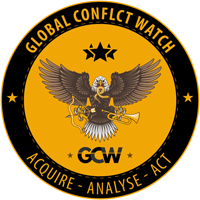
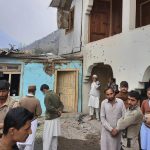
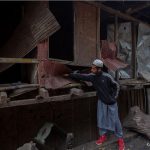
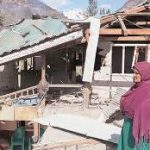
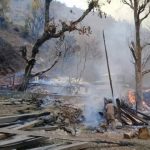
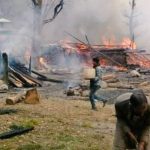
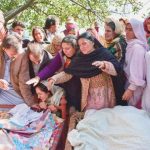
Comments